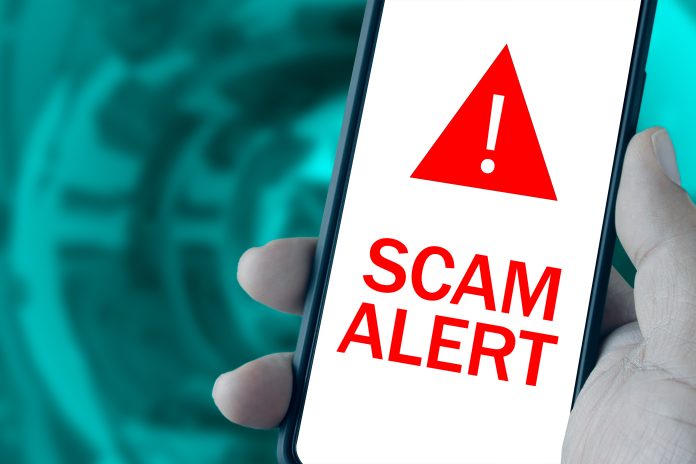Scammers claim a product you purchased is out of stock, but they never process your promised refund.
How the Scam Works
You see a product online that you want to purchase. Many shoppers report encountering this scam through social media ads. You click on the link to the company’s website, find the product, and check out. Shortly after your card is charged, you receive an email saying the product is out of stock and they will refund your money. You wait several days for the refund to post to your account, but it never does. Then, when you try to contact the online shop, no one responds.
One shopper told BBB Scam Tracker, “I placed an order and received a confirmation and was charged $15.98. A few days later, I received an email saying that due to low stock, I was being refunded. I never received a refund, so I emailed, but the email continuously failed to deliver. I have disputed the charge with my bank.”
The truth is that the product never existed in the first place, and scammers hope you’ll never notice you didn’t get your refund. However, if you used a credit card, you should be able to contest the charge and get your money back.
How to Avoid Online Shopping Scams
- Research before you buy. Always research businesses before you purchase, especially if you aren’t familiar with the company. Read consumer reviews on other websites and do a quick online search for the business name along with the word “scam” to rule out any suspicious activity spotted by other consumers.
- Watch out for social media scams. Con artists love using social media to promote their scams. Some red flags include deals that seem too good to be true, phony personalized products, fake coupons, and product links that lead to questionable websites.
- Make sure the website is secure. Don’t make purchases from a website that isn’t secure. How can you tell if a website is secure? It should have a tiny lock symbol in the browser bar and start with HTTPS, not just HTTP.
- Keep records of your purchase. Keep receipts, order confirmations, and any other correspondence you have with a company that has promised to deliver a product. These documents will come in handy later if you need to contest the purchase.
- Use your credit card. It’s always best to use your credit card instead of a debit card to make online purchases. Credit cards offer more protection if you need to report a fraudulent charge.
Read more at BBB.org.

















